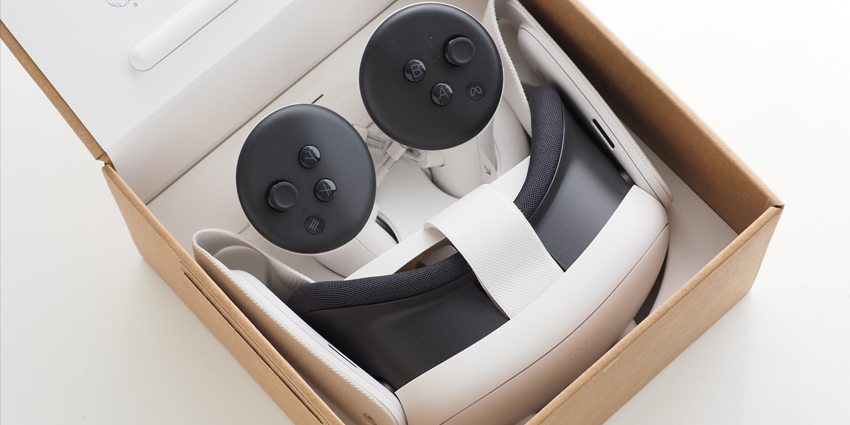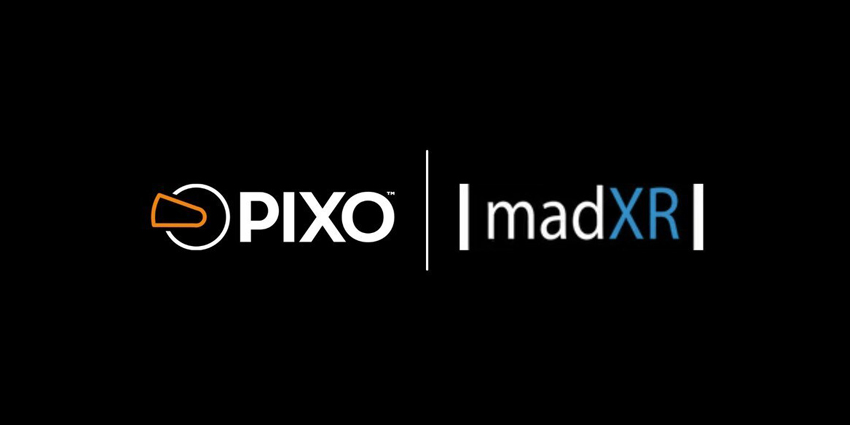Scientists from Bristol university have introduced a new virtual reality solution which could assist in developing drugs to combat COVID-19. This solution will enable researchers to share models and concepts, as well as offering a new form of collaboration. The innovative offering, created by the researchers from the University of Bristol, and published in the Chemical Information and Modeling journal, could assist scientists in discovering anti-viral opportunities faster.
The VR solution focuses on the SARS-CoV-2 enzyme considered to be the main protease and a promising component in the search for new treatments. Molecules that prevent this main protease from working also stop the virus from growing, which is crucial to battling things like COVID-19. Researchers worldwide are now working to find the molecules that can deliver these results.
A crucial predictor of how effective a drug will be is how well it binds to a target. Knowing how a drug fits with the protein helps researchers to adjust and enhance its structure.
Creating Treatments with Virtual Reality
Adrian Mulholland, a Professor from the Bristol School of Chemistry noted that virtual reality tools can model how inhibitors and viral proteins work. For researchers, this is a powerful tool for understanding how enzymes work and testing potential drug leads.
The Bristol team are responsible for a virtual framework of interactive simulations for molecular dynamics. The solution is an open-source software solution named Narupa, which uses easy-to-access VR equipment. In the sturdy, the Bristol team created a 3D model of the COVID Mpro and used simulations in VR to step inside it and visualize how molecules might bound to the enzyme from an atomic perspective.
The results of the studies showed that users could demonstrate how molecules from a drug fit within an enzyme. According to Professor Mulholland, this is just one of the many efforts underway to identify drug leads to battle COVID-19. The VR landscape will be a valuable resource allowing virtual collaboration among the drug discovery community.
The technology will help to predict how various drug leads might bind to COVID targets. More importantly, this solution also allows researchers to collaborate in new and impressive ways using cloud computing. Team members can tackle drug discovery processes together at the same time, even when in different locations.
Exploring Drug Discovery Opportunities
Working in the same virtual molecular environment through VR, teams will be able to accelerate the path to finding the right treatment for COVID-19.
Computational modeling that shows how drugs bind to the SARS-CoV-2 protein has been essential in advancing the fight against the pandemic. This new VR technology takes that modeling to a new level with dynamic simulations in a virtual world. Oracle for Research Vice President, Alison Derbenwick Miller said she was delighted that Oracle’s cloud infrastructure helped to support the development of the VR framework.
The VR technology from Bristol University could be a crucial step forward towards ending the COVID-19 pandemic sooner than ever.







